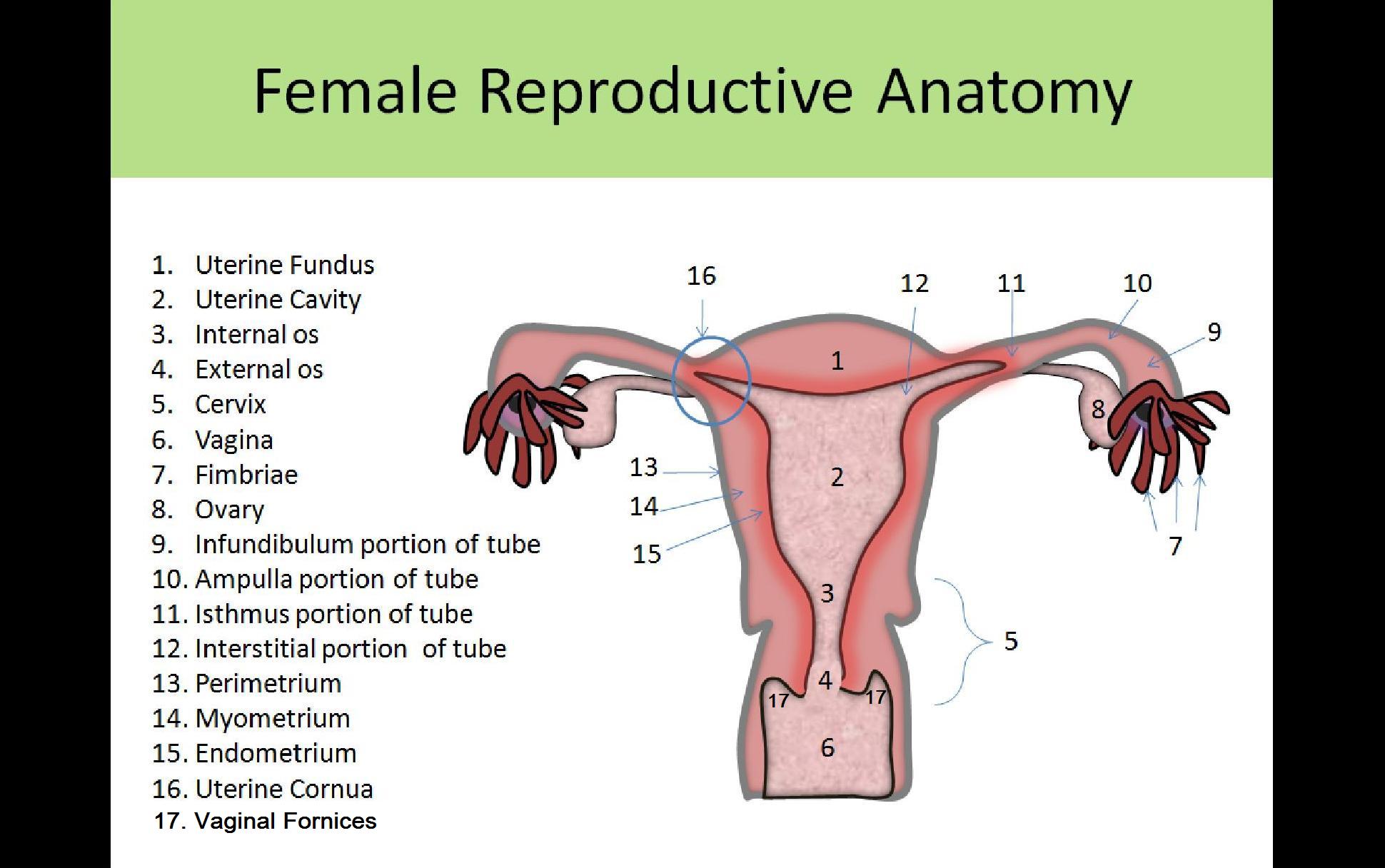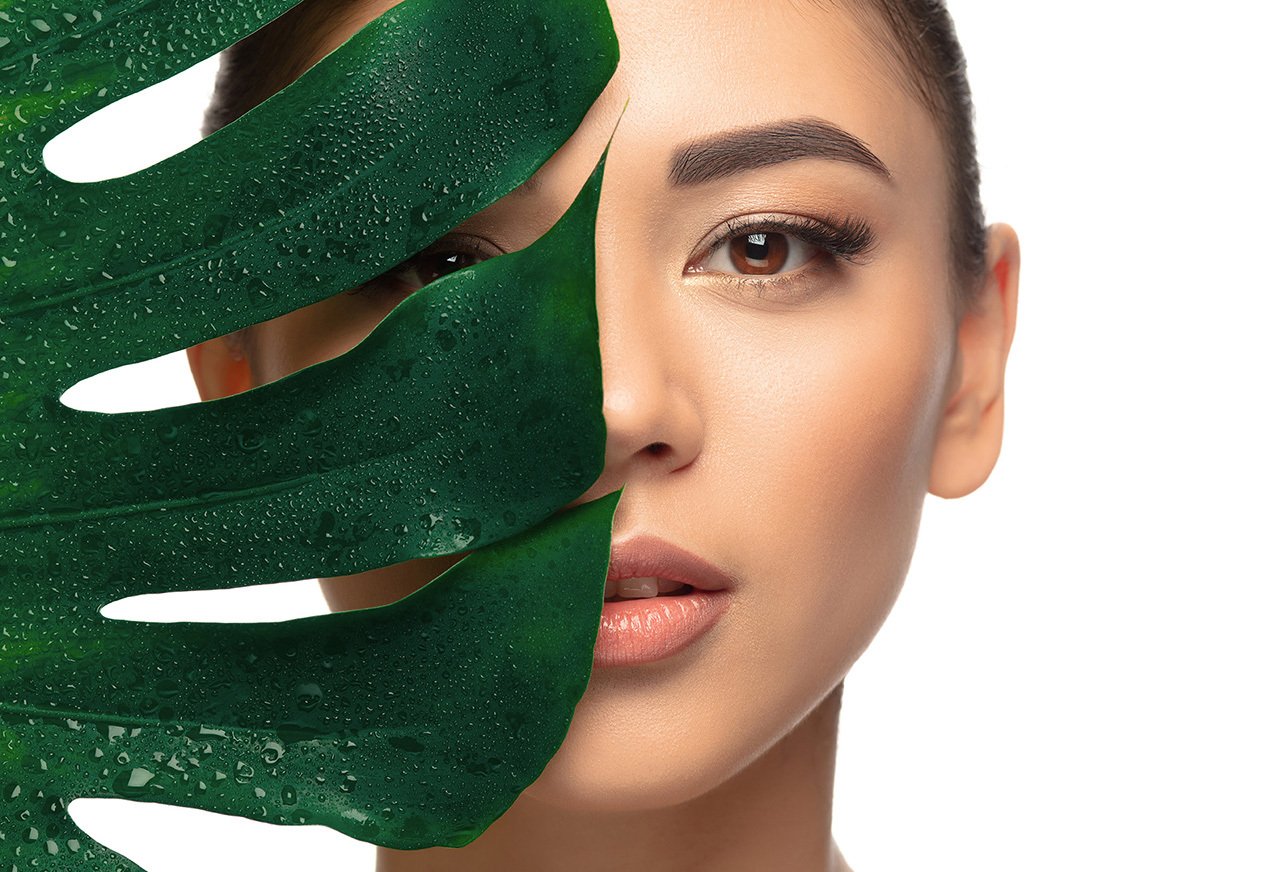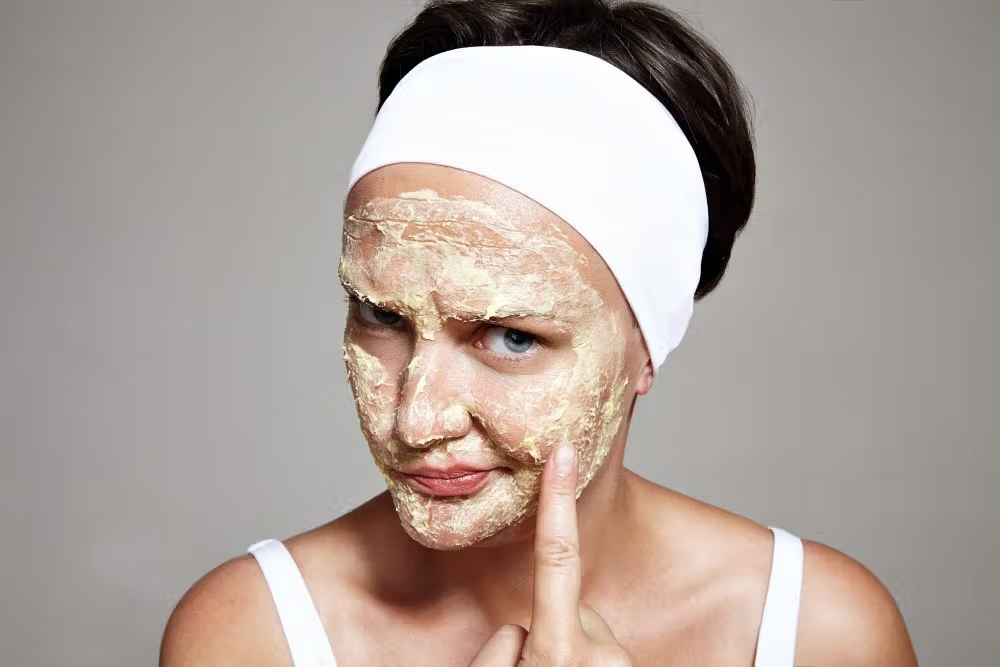Introduction
When it comes to personal hygiene, keeping your intimate areas clean is essential for overall health and comfort. However, there’s a lot of confusion surrounding how to properly care for the vagina. This blog aims to demystify vaginal hygiene and provide a clear understanding of what it really means to keep this sensitive area clean. Let’s explore the best practices for vaginal hygiene, discuss common mistakes, and answer the question: how often should you clean your vagina?
What Does It Mean to “Clean” Your Vagina?
You may hear the term “clean your vagina” often, but what does it really mean? In reality, the vagina is a self-cleaning organ, equipped with its own built-in cleaning system. It naturally produces discharge to remove bacteria, dead cells, and other impurities, keeping itself healthy and balanced. When people talk about cleaning the vagina, they often refer to the surrounding area—the vulva.
Understanding Vaginal Anatomy

It’s important to differentiate between the vagina and the vulva. The vagina is the internal canal that leads from the cervix to the outside of the body, while the vulva is the external part, which includes the labia, clitoris, and the opening of the vagina. When practicing intimate hygiene, the focus should be on the vulva rather than the internal vaginal canal.
Self-Cleaning Nature of the Vagina
The vagina maintains its cleanliness by regulating pH levels and producing discharge. This process helps prevent infections and maintains healthy bacterial flora. Interfering with this natural process by using harsh cleansers or douching can disrupt the balance and lead to issues like bacterial vaginosis or yeast infections.
How Often Should You Clean Your Vagina?
The truth is, you don’t need to “clean” your vagina at all. The vagina takes care of itself. However, cleaning the vulva is essential as part of daily hygiene.
Daily Hygiene Practices
It’s recommended to wash the vulva with warm water and a gentle, unscented soap once a day. There’s no need to scrub, as this can cause irritation. Simply rinsing the area with your hand is enough. For those who prefer not to use soap, plain water is perfectly fine.
What to Avoid During Cleaning
Avoid using scented soaps, douches, or antibacterial products, as they can disrupt the natural balance of your intimate area. These products can lead to dryness, irritation, and even infections. It’s also important to steer clear of loofahs or rough washcloths, which can be too abrasive for this sensitive skin.
The Difference Between the Vagina and the Vulva
Importance of Cleaning the Vulva
While the vagina cleans itself, the vulva still requires regular maintenance. Sweat, discharge, and bacteria can accumulate in the folds of the skin, so daily cleaning is crucial. Keeping the vulva clean helps to reduce the risk of infections and odor.
Misunderstandings About Vaginal Cleaning
Many believe that washing inside the vagina is necessary for cleanliness, but this is a misconception. Inserting soaps or other products into the vagina can actually cause more harm than good by disrupting the natural pH and causing irritation.
The Role of Vaginal Discharge
Discharge is a natural way for the vagina to maintain cleanliness and balance. It varies in consistency and color throughout the menstrual cycle and is usually a sign that the vagina is functioning properly.
Why Discharge is Normal
Most people produce some form of vaginal discharge every day. It helps to carry away dead cells and bacteria, maintaining a clean environment inside the vagina.
When to Be Concerned About Changes in Discharge
If the discharge has a strong odor, is accompanied by itching or irritation, or changes in color to green, gray, or yellow, it could be a sign of an infection. In such cases, consulting a healthcare provider is recommended.
Products to Avoid When Cleaning Your Vagina
Certain products can be harmful to the sensitive skin of the vulva and disrupt the natural balance of the vagina.
Scented Soaps and Douches
Avoid scented hygiene products, as they can cause irritation or allergic reactions. Douching is also unnecessary and can push harmful bacteria further into the vaginal canal, increasing the risk of infection.
Antibacterial and Harsh Cleansers
The skin around the vulva is delicate and does not require harsh cleansers. Use only mild, unscented products designed for sensitive skin.
Recommended Products for Vulva Hygiene
Choosing the right products can help maintain the health and comfort of the intimate area.
Gentle Cleansers
Mild, pH-balanced cleansers designed for sensitive skin are the best choice for washing the vulva. These cleansers won’t disrupt the natural environment of the vagina.
Natural Alternatives
For those who prefer natural options, using warm water alone is sufficient. Some people may also find coconut oil or other natural oils soothing for the skin around the vulva, but these should be used sparingly.
How to Choose the Right Products
Opt for products labeled as “fragrance-free” rather than “unscented,” as unscented products can still contain masking fragrances. Also, avoid products that contain alcohol or harsh chemicals.
The Role of pH Balance in Vaginal Health

What is pH Balance?
The vaginal pH is slightly acidic, which helps protect against infections. A healthy vaginal pH is typically between 3.8 and 4.5.
How Cleaning Practices Affect Vaginal pH
Using inappropriate products can raise the pH level, making the vagina more susceptible to infections like bacterial vaginosis or yeast infections.
How Menstruation Affects Vaginal Hygiene
Periods can impact how you care for your intimate area. Here’s how to stay clean and healthy during menstruation.
Managing Hygiene During Your Period
Change menstrual products (pads, tampons, menstrual cups) regularly, ideally every 4-8 hours. Washing the vulva more frequently with water can also help prevent odor and discomfort.
Best Practices for Using Menstrual Products
Avoid using scented menstrual products as they can irritate the vulva. Always wash your hands before and after changing pads or tampons to prevent the transfer of bacteria.
The Impact of Sexual Activity on Vaginal Hygiene
Cleaning Before and After Intercourse
It’s a good idea to rinse the vulva with water before and after sex to reduce the risk of irritation or infection. Additionally, urinating after intercourse can help flush out bacteria that may have entered the urethra.
How to Keep Healthy Post-Sex
Wearing breathable underwear and avoiding tight-fitting clothing can help keep the area dry and reduce the risk of infections.
How Lifestyle Factors Affect Vaginal Hygiene
Certain lifestyle choices can impact your vaginal health.
Exercise and Hygiene
Sweat can build up around the vulva during exercise, so it’s important to shower and change out of sweaty clothes soon after working out.
The Impact of Diet on Vaginal Health
A balanced diet with plenty of water helps maintain overall health, including the health of the vagina. Foods rich in probiotics, like yogurt, can also promote a healthy vaginal flora.
Common Vaginal Hygiene Mistakes
Avoid these common pitfalls to maintain healthy intimate hygiene.
Over-cleaning and Its Risks
Washing too frequently or using strong soaps can disrupt the natural balance, leading to irritation or infections.
Using Unnecessary Products
Special washes, wipes, and sprays marketed for vaginal hygiene are often unnecessary and can even be harmful.
When to See a Doctor for Vaginal Health Concerns
Sometimes, professional advice is needed.
Signs That Indicate a Problem
See a doctor if you experience itching, burning, unusual discharge, or a persistent odor that doesn’t improve with proper hygiene.
When Self-Care Isn’t Enough
If symptoms persist despite changes in hygiene practices, it’s time to seek medical advice. Conditions like bacterial vaginosis, yeast infections, or sexually transmitted infections may require treatment.
Myths About Vaginal Hygiene Debunked
There’s a lot of misinformation out there. Here’s the truth.
Addressing Common Misconceptions
You don’t need to “detox” or “cleanse” your vagina. It’s capable of maintaining itself. Products like douches are often more harmful than helpful.
Why Natural Vaginal Care is Often Best
Sticking to water and gentle, fragrance-free cleansers is usually sufficient for most people. Your body knows how to care for itself better than any product on the market.
Conclusion
Caring for your vagina doesn’t need to be complicated. Remember, the vagina is a self-cleaning organ, and over-washing can do more harm than good. Stick to washing the vulva daily with gentle products, avoid unnecessary products, and seek medical advice when you notice any unusual symptoms. Proper vaginal hygiene helps you stay healthy and comfortable while minimizing the risk of infections.






